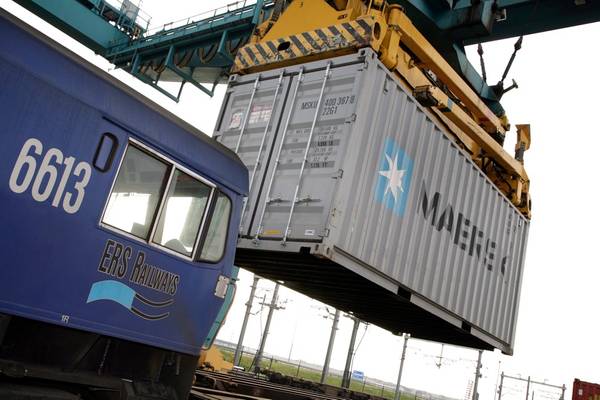
THE Asian Shippers' Council (ASC) renewed its attack on the UN's International Maritime Organisation (IMO) over compulsory container weight verification partly because it is hard on shippers in emerging markets.
"There are millions of shippers across Asia, with different levels of maturity and different operational constraints. Cargoes have multiple modes of transport - trucks, ships and/or rail. Can you imagine trying to implement what is agreed at the IMO in such a challenging environment?" said ASC chairman John Lu.
"South America and Africa are in similar situations, and a one-size-fits-all requirement cannot work," said Mr Lu, according to Lloyd's List. "It has not worked for 100 per cent security screening and it will not work for 100 per cent verification of gross weight of containers."
The only shipper organisation to fully back the IMO proposal is the British Global Shippers Forum (GSF), which took on the task of representing world shippers at the London IMO discussions.
Said GSF secretary-general Chris Welsh: "The GSF worked constructively with the IMO to help achieve this compromise and we welcome the fact that they listened to our concerns."


